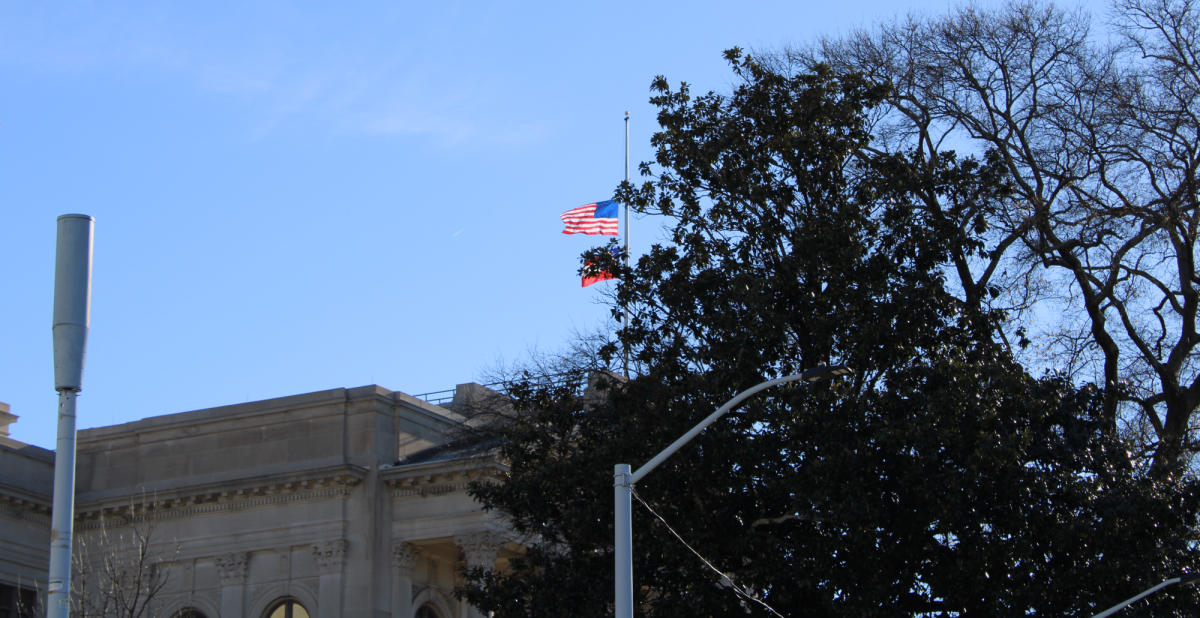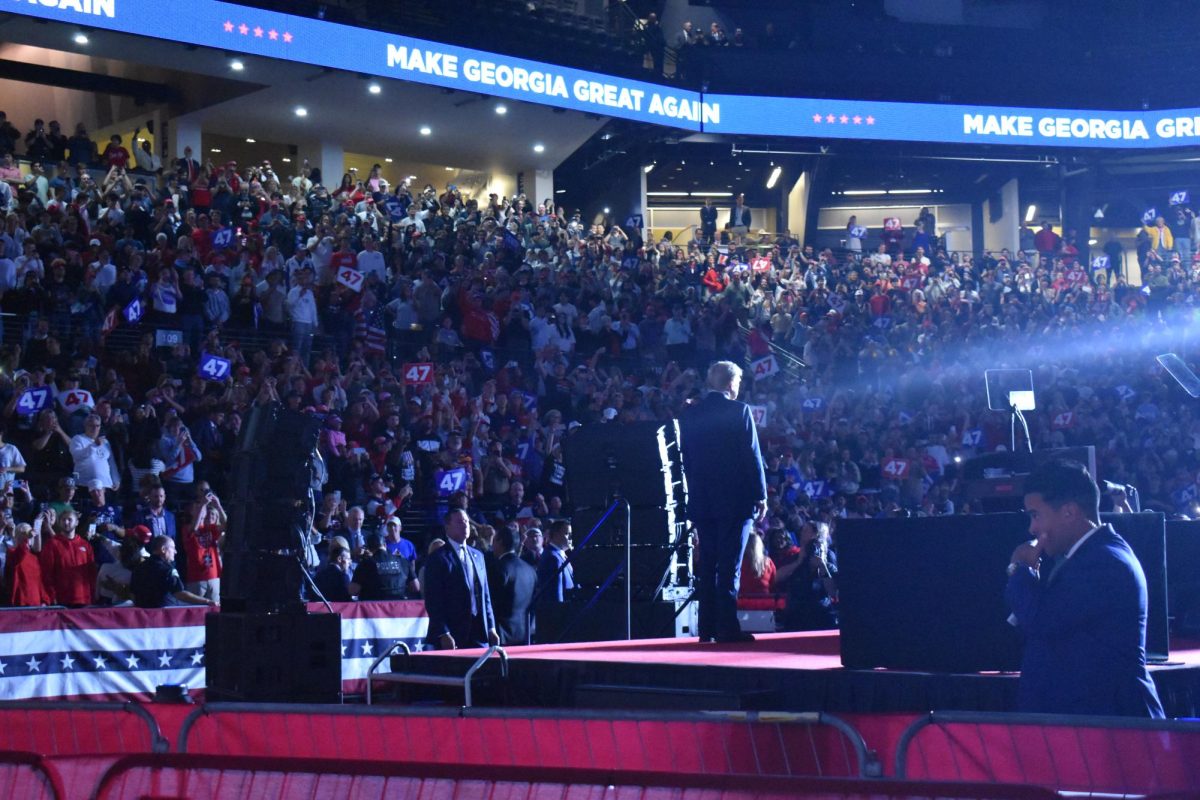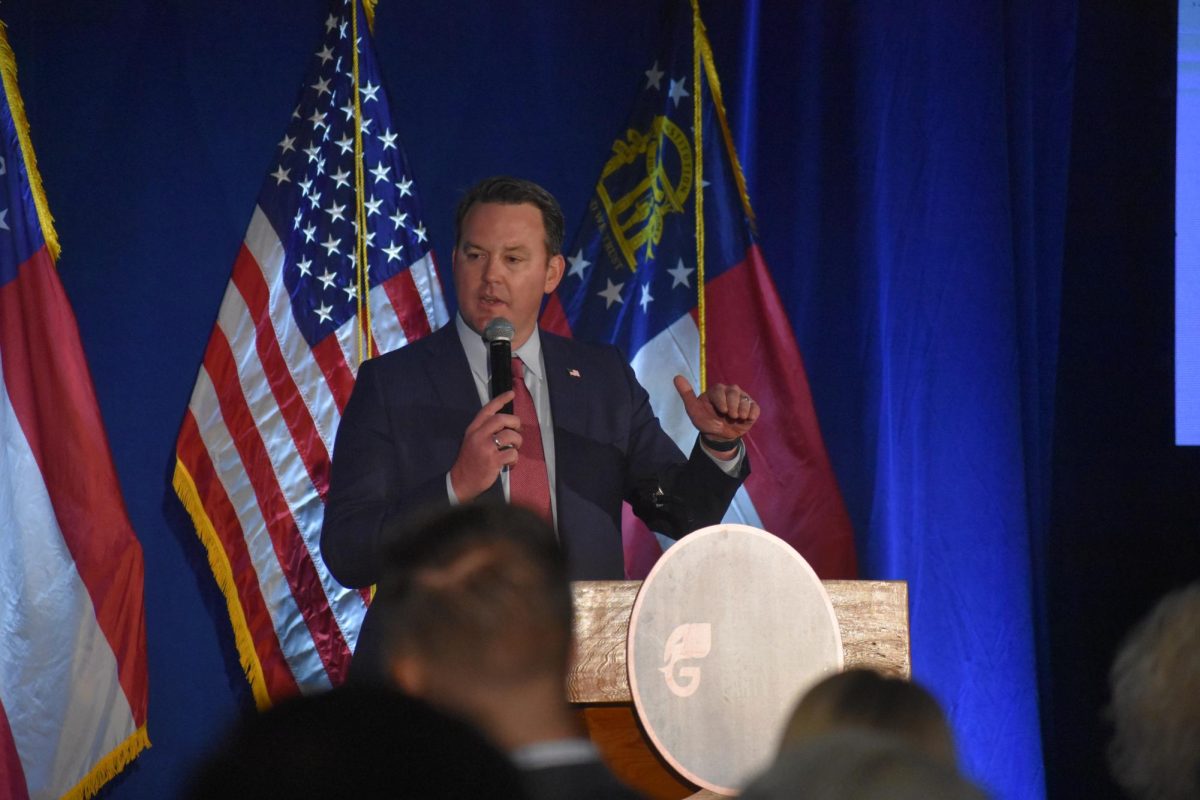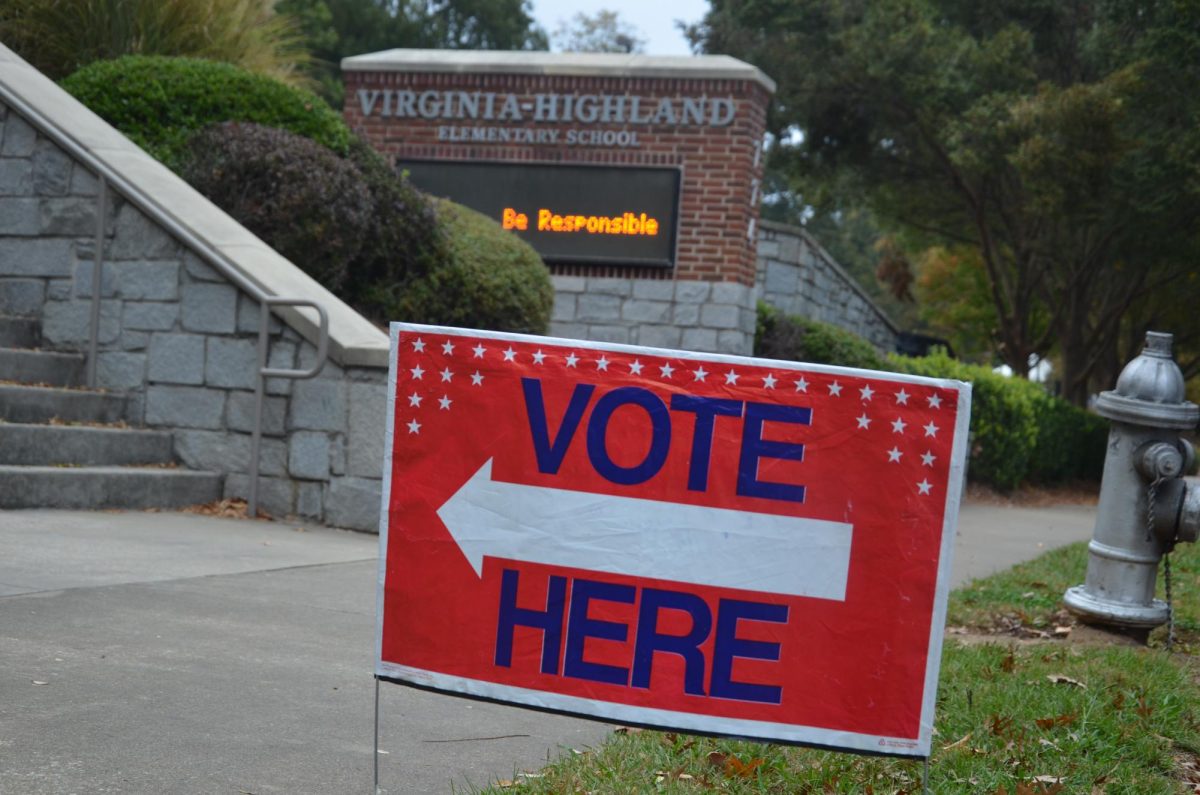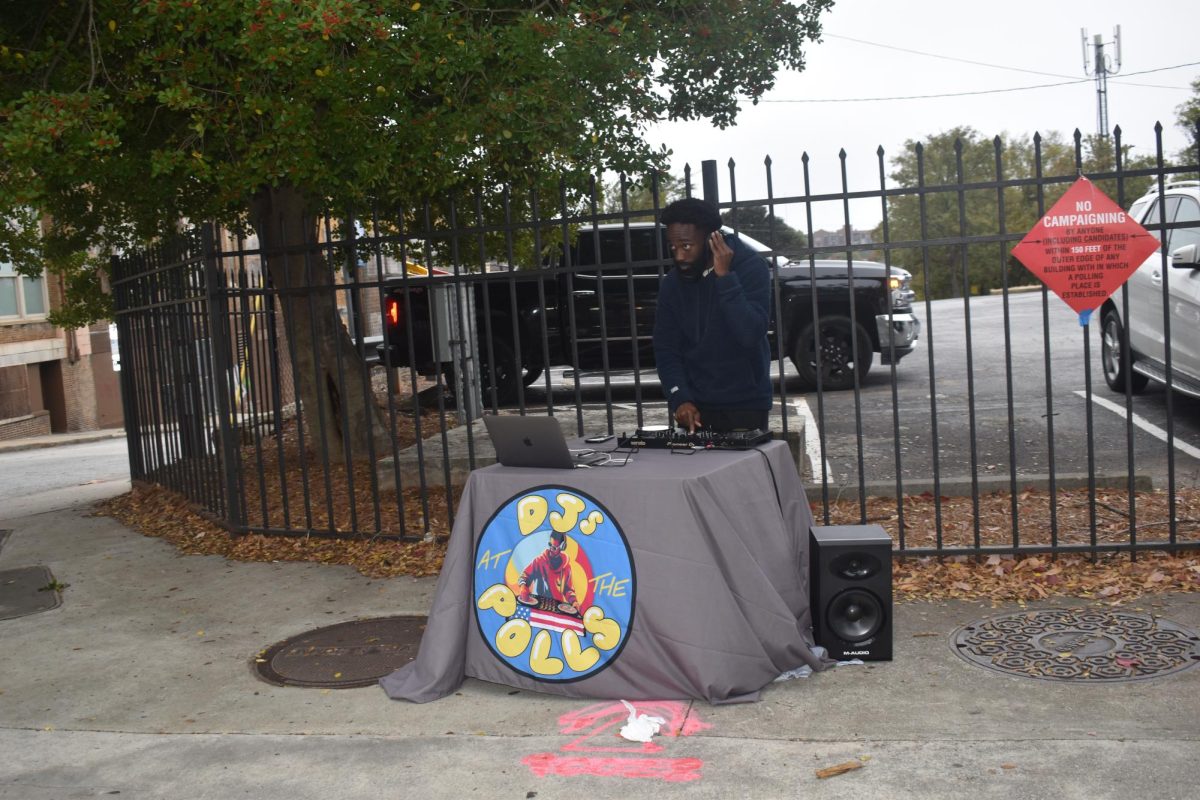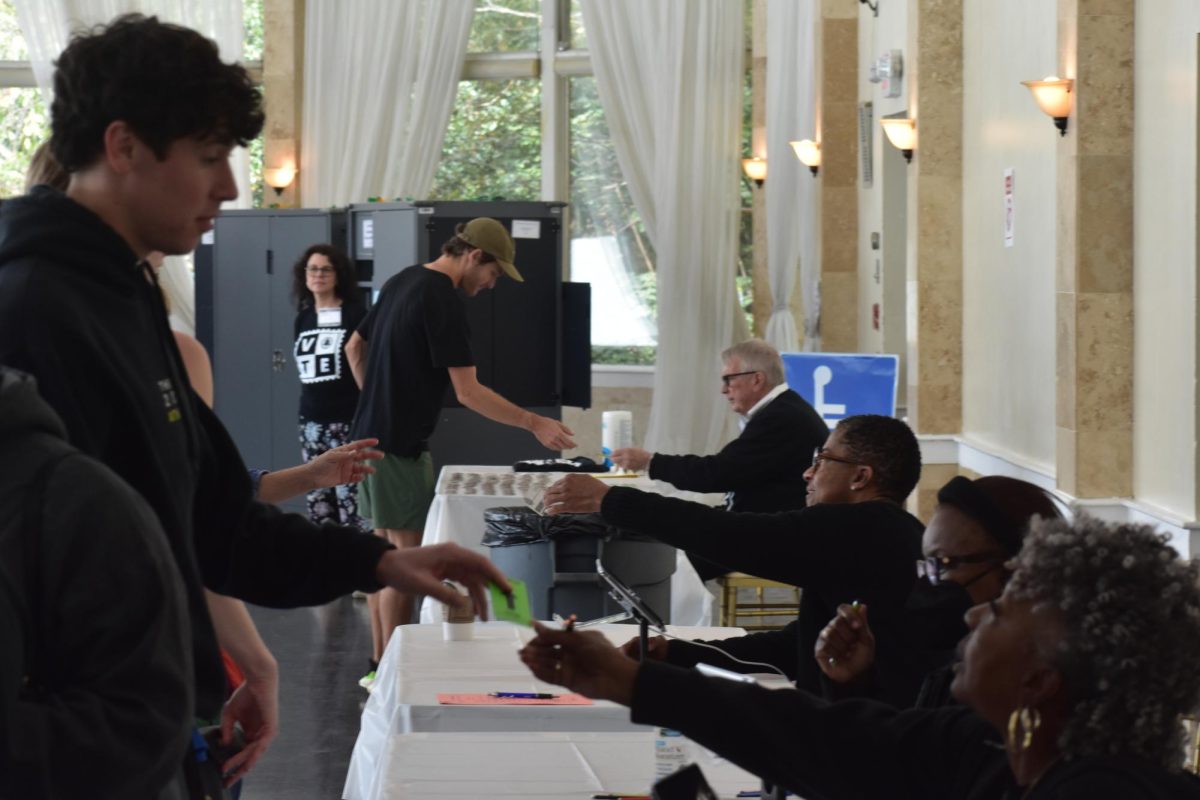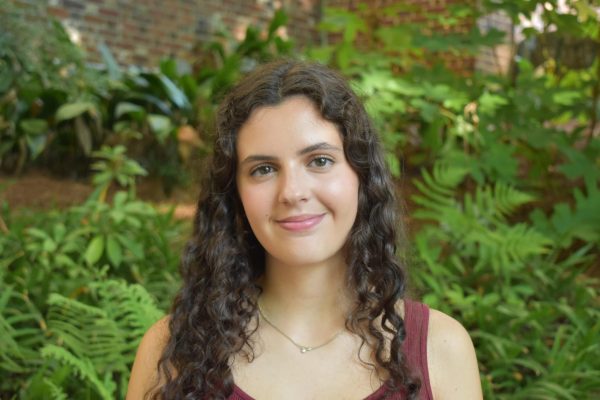Voting is a natural right for all citizens under the United States Constitution. However, for noncitizens, the case is not so simple. In Georgia, noncitizens are not allowed to vote in any elections, even though some of these elections directly affect their lives.
These laws have sparked debate among the people of Georgia. For example, although the Georgia Coalition for the People’s Agenda argues that noncitizens deserve more power when it comes to voting, Georgia Secretary of State Brad Raffensperger has contested that “only American citizens should be voting in our elections.”
Although noncitizens in Georgia should not be able to vote in federal or state elections, they should have a say in how their daily lives are impacted, especially when U.S. citizenship is so hard to acquire.
Furthermore, noncitizens contribute to their local economies by paying taxes to the government. Backed by the sixteenth-century idea of “No Taxation Without Representation,” those who pay taxes towards funding the local government should have a say in the democratic system of voting, which determines the choices the government makes.
According to the American Immigration Council, noncitizens make up a sizable portion of the Georgia population, as they accounted for 55% of immigrants and roughly 2.5% of the total Georgia population in 2018. Moreover, noncitizens paid $918.9 million dollars in total taxes in 2018, showing the significance of the population and demonstrating why laws permitting voting power in local elections should be given in regions with a large concentration of undocumented immigrants.
However, allowing noncitizens to vote in state or federal elections would take suffrage a step too far. State and federal elections determine much more powerful positions, such as the governor and the president, who have the capability to shape millions of Americans’ lives. Allowing noncitizens to vote in those elections could violate the very legal foundations that build the U.S.
Not only that, but allowing noncitizens to vote in state and federal elections could present a national security threat as some could use the opportunity to influence elections, undermining U.S. democracy.
While voting rights should be extended to noncitizens in local elections, a bigger structural problem still exists with citizenship. According to Forbes, fees to become a citizen start at $1,450 dollars, but can be more expensive if attorneys are hired. Further, to become a U.S. citizen, you must live in the U.S. for at least five years, and then processing times for citizenship usually add another 18-24 months.
This process is unnecessarily long and expensive and usually discourages poorer noncitizens from achieving citizenship. The citizenship process should be reduced in costs and time requirements for all people trying to become citizens. This way, noncitizens are much more able to reach the power of voting, but foreign forces are still kept from interfering with U.S. democracy.
Ultimately, Georgia needs reform when it comes to noncitizen voting rights and the citizenship process. Documented immigrants should be able to vote in local elections that affect their everyday life, especially when they are paying taxes towards their local governments. But instead of extending voting rights for foreign and state elections, a refinement in the process of obtaining citizenship is needed.









